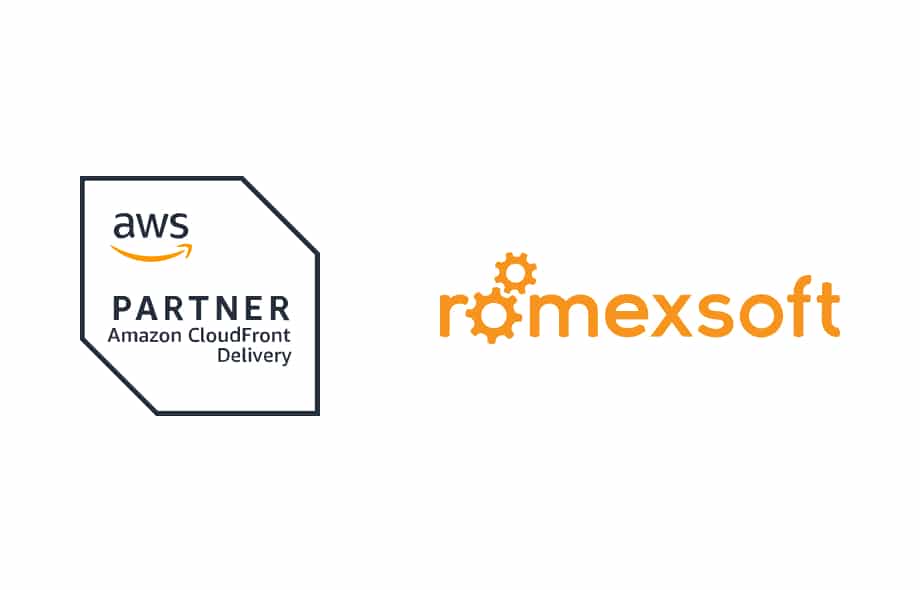Mastering SaaS DevOps: How to Automate Multi-Tenant Deployments

Empowered by the expertise and practical experience of our solutions architects and DevOps experts, the article will guide you in crafting, designing, and implementing automated deployments for SaaS DevOps on the AWS platform.
Given that the object of our scrutiny in this article is the link between SaaS development and DevOps, we will place a specific emphasis on automation multi-tenant deployments best practices within the SaaS model.
Discover how SaaS can ensure seamless updates and releases while maintaining uninterrupted customer experiences.

If you are reading this article, chances are you pursue designing a robust and scalable multi-tenant SaaS solution within your technology stack. Yet, we suggest abstracting from specific solutions and considering the fundamental aspects of multi-tenant solutions, irrespective of the underlying technology.
The goal of the article is to offer a clear understanding of what it takes to create a resilient and high-performing SaaS environment. If this aligns with your interests, let’s explore the following concepts.
- Exploring multitenancy as a core focus of SaaS architecture
- How architects try to balance those cornerstones
- How we achieve scalability in SaaS multi-tenant
- What are the optimal scaling strategies are

Which cloud platform reigns supreme? Azure, AWS, or Google Cloud? In this article, we explore identical cloud services from these leading providers, with their distinct offerings and shared traits.
Keep on reading to find out how these platforms measure up against each other at an organizational level and which one has the upper hand in the AWS vs Azure vs GCP comparison. Upon pursuing this article, you will be able to:
- Trace back the origin and strategic approaches of major cloud providers
- Compare GCP, AWS and Azure’s cloud computing offerings
- Investigate the merits and demerits of cloud platforms

Architecture modernization in data processing may be presented as a perfect solution to the efficacy, cost and performance optimization issues among businesses, though it is the question of appropriate and timely execution of the latest approaches.
For this reason, we offer you a piece of reading that will inform you about the fundamentals and pitfalls in the process of building modern data architecture for the most up-to-date applications.
The article recounts:
- data challenges of traditional data architecture
- gains from adopting modern data architecture
- modern architecture implementation strategy
- orchestrating data architecture in a modern way
- modern data architecture AWS-based services.

Should your daily routine of search and data analytics revolve around the OpenSearch engine, you are probably well-acquainted with the difficulties that come along. In recent years, Amazon has done tons to streamline data integration, enhance search capabilities, and fortify security analytics within the OpenSearch ecosystem.
Read on to find out the latest innovations for extracting the most relevant insights from your data in the least burdensome way. The article sheds light on:
- What pains a data engineer, developer, and security analyst face while using the OpenSearch suite
- How AWS has addressed these inherent challenges
- What benefits you can gain from Amazon OpenSearch innovations

Many companies revere distributed systems as a one-size-fits-all approach, which optimally solves any software issue, but does it?
This article explores architecture options from various monolith types and transition options to micro frontends in action: their characteristics, merits and demerits, indications, and nuances between micro frontends in monorepos and multirepos. Be sure to make informed decisions in your frontend architecture journey after perusing this go-to article.
Should any of these questions bother you, keep on reading:
- What is micro frontend architecture?
- How to find out if I need micro frontends?
- What is the difference between monoliths, integrated apps and micro frontends?
- How are present-day monoliths similar to and different from distributed systems?
- What are the risks of micro frontend architecture?

We are thrilled to announce that Romexsoft has officially become an Amazon CloudFront Service Delivery partner. This designation reflects our dedication to providing top-notch networking and content delivery services (CDN).
The achievement is a testament to our technical prowess, commitment to AWS best practices, and, most importantly, the proven success we’ve already delivered to our customers.
Amazon CloudFront is a content delivery network (CDN) service that securely delivers data, videos, applications, and APIs to customers globally with low latency and high transfer speeds, all within a developer-friendly environment.

Embarking on a successful project journey means navigating through the intricacies of project management, a dynamic process marked by distinct stages, each demanding unique steps and tools. This article is an all-encompassing exploration of the project manager’s pivotal role throughout the project life cycle. Join us as we uncover tips and insights, providing a roadmap for the complex realm of project management that can be full of pitfalls. Browse through this article to find out:
- what is project management life cycle
- what tools and documents will come in handy in managing a project
- what duties a project manager is supposed to adopt
- what challenges occur in the project management flow
- how to prevent and tackle the project management issues.

